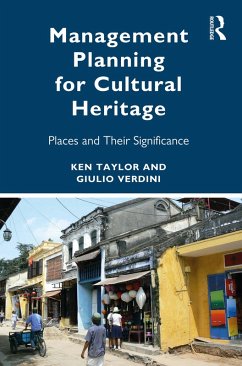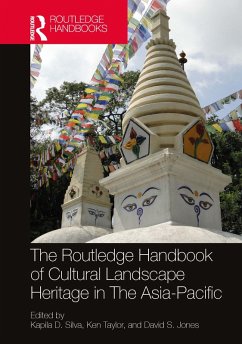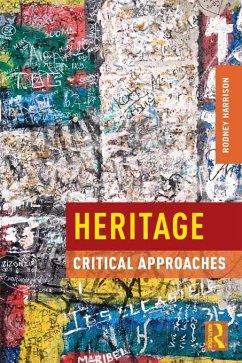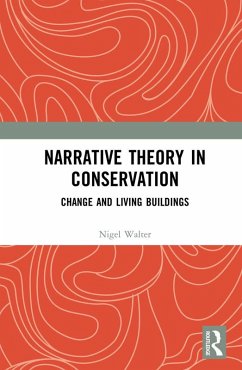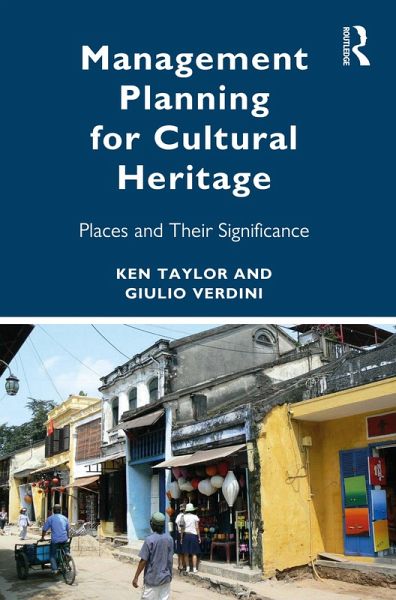
Management Planning for Cultural Heritage (eBook, PDF)
Places and Their Significance
Versandkostenfrei!
Sofort per Download lieferbar
38,95 €
inkl. MwSt.
Weitere Ausgaben:

PAYBACK Punkte
19 °P sammeln!
Management Planning for Cultural Heritage challenges traditional perceptions of and about the heritage planning process while also presenting a comprehensive analysis of the ever-widening field of Cultural Heritage Conservation.Drawing on the authors' experience in teaching and involvement in international practice, the book examines the changes that are taking place in modes of thinking about heritage as part of increasingly complex urban transformations, and considers how these must engage with, and inform, professional practice. The book also acknowledges that international best practice ha...
Management Planning for Cultural Heritage challenges traditional perceptions of and about the heritage planning process while also presenting a comprehensive analysis of the ever-widening field of Cultural Heritage Conservation.
Drawing on the authors' experience in teaching and involvement in international practice, the book examines the changes that are taking place in modes of thinking about heritage as part of increasingly complex urban transformations, and considers how these must engage with, and inform, professional practice. The book also acknowledges that international best practice has developed a great deal over the last 40 years and needs to be adapted, applied and refined through the recognition and application of regional values - tangible and intangible - based on cultural attitudes and practices. Emphasising the critical role of heritage planning and management in guiding change, Taylor and Verdini argue that this is especially critical if we are to safeguard values, identity and significance. In this sense, heritage is understood not only as a technical process but also as a social construct. The book therefore promotes a people-centred approach to cultural heritage management.
Management Planning for Cultural Heritage will be of interest to students, scholars and practitioners working in heritage studies and conservation. While the text has professional application, it also sets out to present a sound theoretical foundation relevant to the body of knowledge associated with management of cultural heritage places.
Drawing on the authors' experience in teaching and involvement in international practice, the book examines the changes that are taking place in modes of thinking about heritage as part of increasingly complex urban transformations, and considers how these must engage with, and inform, professional practice. The book also acknowledges that international best practice has developed a great deal over the last 40 years and needs to be adapted, applied and refined through the recognition and application of regional values - tangible and intangible - based on cultural attitudes and practices. Emphasising the critical role of heritage planning and management in guiding change, Taylor and Verdini argue that this is especially critical if we are to safeguard values, identity and significance. In this sense, heritage is understood not only as a technical process but also as a social construct. The book therefore promotes a people-centred approach to cultural heritage management.
Management Planning for Cultural Heritage will be of interest to students, scholars and practitioners working in heritage studies and conservation. While the text has professional application, it also sets out to present a sound theoretical foundation relevant to the body of knowledge associated with management of cultural heritage places.
Dieser Download kann aus rechtlichen Gründen nur mit Rechnungsadresse in A, B, BG, CY, CZ, D, DK, EW, E, FIN, F, GR, HR, H, IRL, I, LT, L, LR, M, NL, PL, P, R, S, SLO, SK ausgeliefert werden.




